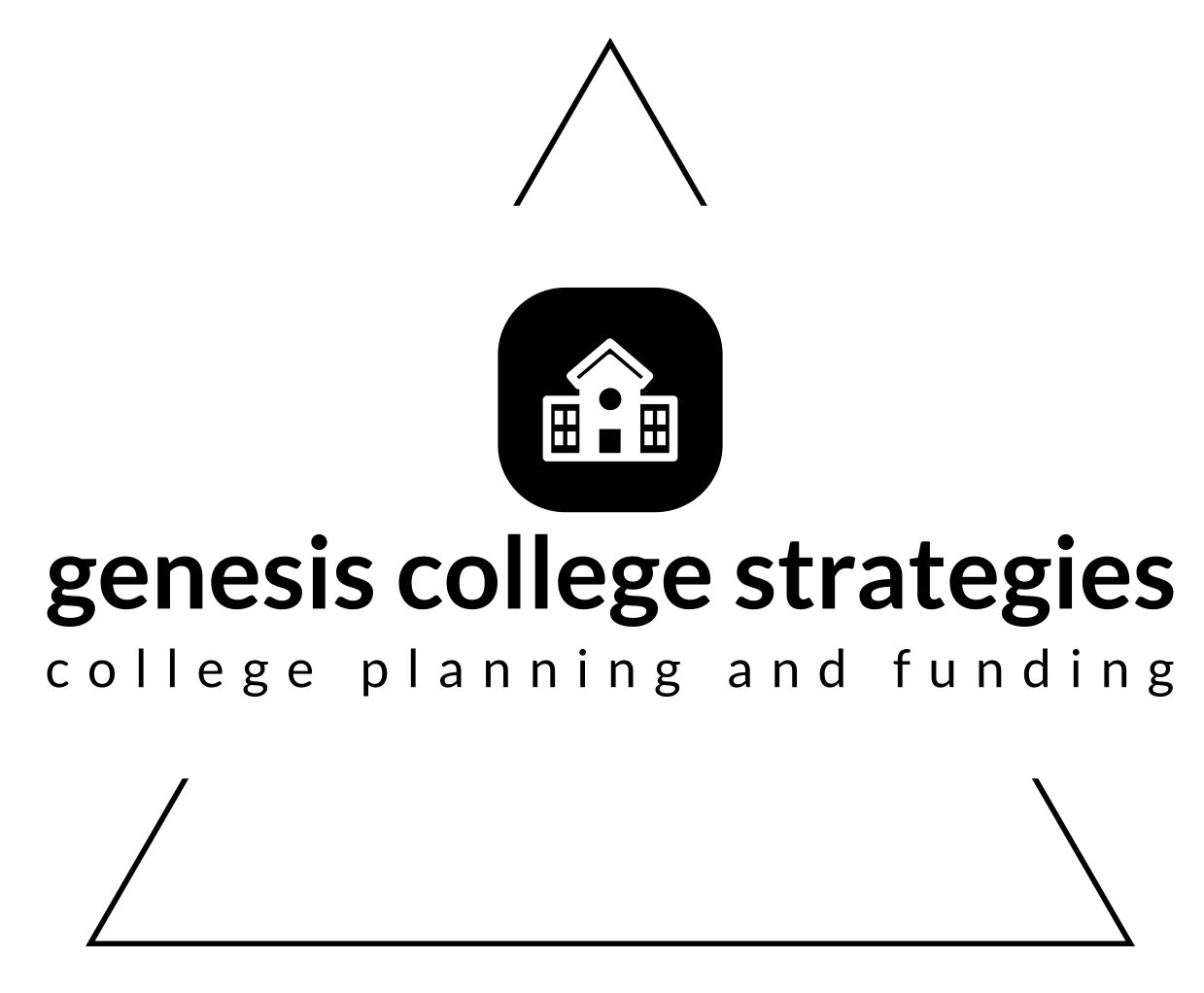Private student loans are an additional financing option for students and their families to cover college expenses when other forms of financial aid, such as federal loans, grants, and scholarships, may not be enough. Private student loans are offered by banks, credit unions, and online lenders, and they come with varying terms and conditions. Here are some key points about private student loans:
Eligibility: Private student loans are typically credit-based, which means your credit history and income will be considered during the application process. Students with little or no credit history may need a cosigner, such as a parent or guardian, to qualify for a private student loan.
Interest Rates: Private student loan interest rates can be fixed or variable. Fixed rates remain the same throughout the loan term, while variable rates can change over time based on market conditions. Your creditworthiness and the lender's policies will influence the interest rate you are offered.
Loan Limits: Private student loan limits vary by lender but are usually set based on the total cost of attendance minus other financial aid received. Be cautious not to borrow more than necessary to avoid excessive debt.
Repayment Terms: Private student loans may offer various repayment terms, typically ranging from 5 to 20 years. Some lenders may also offer flexible repayment options, such as deferment or income-based repayment plans.
Fees: Pay attention to any fees associated with private student loans, such as origination fees or prepayment penalties. Compare different lenders to find the most favorable terms.
Cosigner Release: Some lenders offer a cosigner release option after a certain number of on-time payments, which allows the borrower to remove the cosigner from the loan.
Apply with Multiple Lenders: It's essential to shop around and compare offers from different lenders to find the best rates and terms for your situation. Each lender may have its own eligibility requirements and loan offerings.
Exhaust Federal Loan Options First: Before considering private student loans, make sure to maximize your eligibility for federal student loans. Federal loans typically offer more borrower protections and lower interest rates than private loans.
Understand the Terms: Read the loan agreement carefully and fully understand the terms and conditions before accepting the loan. Be aware of the interest rates, repayment options, fees, and any potential consequences of missing payments.
Borrow Responsibly: While private student loans can be helpful, it's crucial to borrow responsibly and only take out what you truly need to cover educational costs. Remember that loans must be repaid, and accumulating too much debt can be burdensome after graduation.
Before taking out a private student loan, consider consulting with the college's financial aid office to explore all available financial aid options and understand the potential impact on your financial future.


